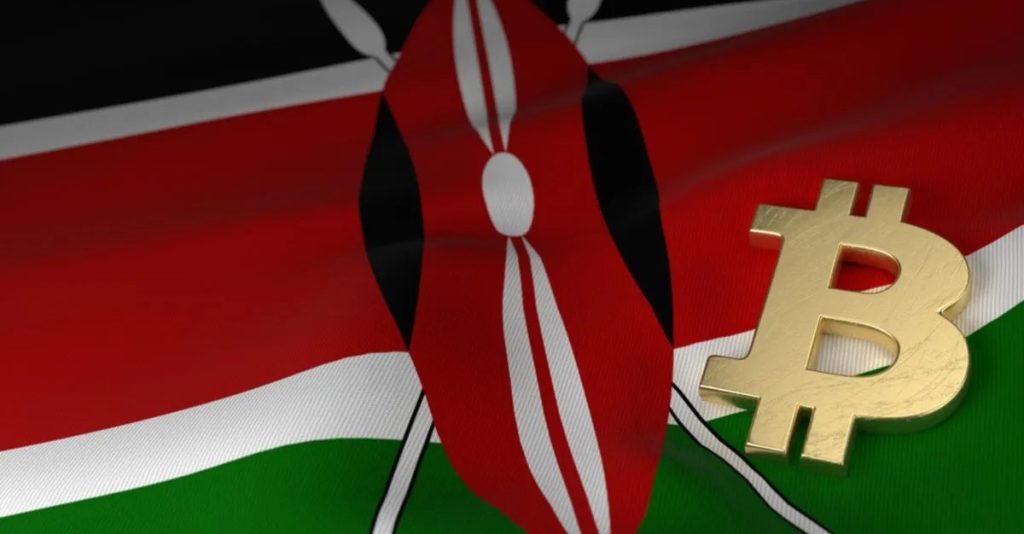
The post IMF Asked Kenya to Establish Clear Crypto Regulations: What’s Next? appeared first on Coinpedia Fintech News
The International Monetary Fund (IMF) has recommended that Kenya create a clear regulatory framework for its cryptocurrency market. This call comes after rising concerns about consumer protection, anti-money laundering (AML), and combating terrorism financing (CFT). The IMF’s advice highlights the growing need for Kenya to update its outdated laws to evolve its crypto sector.
IMF Urges Kenya To Updated Crypto Regulations
In a technical assistance report released on January 8, the IMF pointed out that Kenya’s current regulations, based on traditional financial markets, are not suitable for the crypto world. These old rules have left gaps, allowing crypto-related scams and crimes to increase.
During a meeting in Nairobi, IMF officials found that Kenyan lawmakers were unsure about how to regulate crypto assets, causing confusion and delay in decision-making.
To address these challenges, the IMF recommends that Kenya align its regulations with international standards. The new framework should promote growth and innovation in the crypto sector while protecting consumers and maintaining financial stability.
Key Recommendations from the IMF
The IMF has laid out short, medium, and long-term steps for Kenya to improve its crypto regulations. In the short term, the country should analyze the crypto market and start collaborating with other regulatory bodies. It should also clarify which crypto activities will be regulated.
For the medium to long term, Kenya is urged to create legal and licensing frameworks, strengthen supervisory resources, and ensure the country’s regulations match global standards.
Additionally, the IMF suggests that Kenya clearly define crypto assets in its financial laws to avoid confusion and inconsistencies.
Strengthening Cross-Border Cooperation
The IMF also advised Kenyan authorities to develop clear legal definitions for crypto assets, ensuring consistency in financial laws and avoiding confusion between terms like ‘digital currency’ and ‘virtual asset.’
Finally, the IMF stressed the need for international collaboration to manage risks posed by foreign crypto exchanges operating in Kenya, ensuring a comprehensive approach to regulation and enforcement.
Never Miss a Beat in the Crypto World!
Stay ahead with breaking news, expert analysis, and real-time updates on the latest trends in Bitcoin, altcoins, DeFi, NFTs, and more.
0 Comments